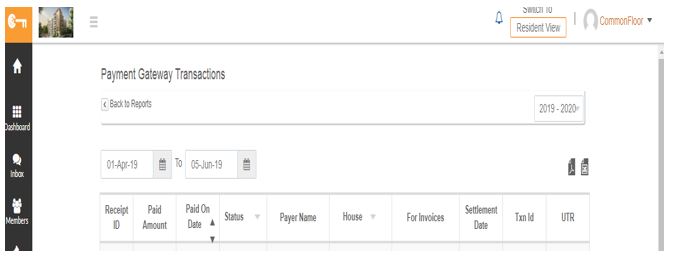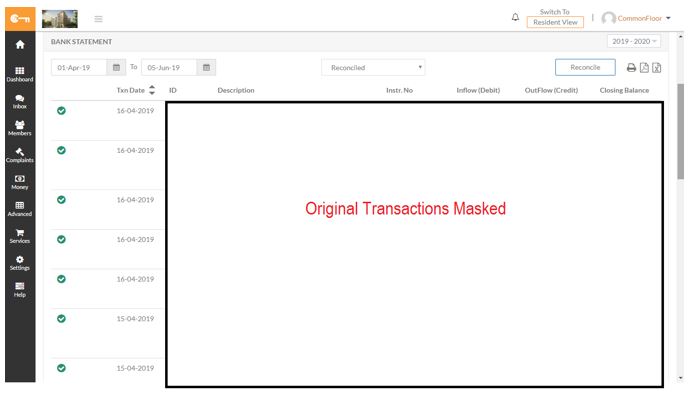ICRA: NBFC crisis to lower home loan growth
The current liquidity crisis suffered by the Non-banking Financial Companies (NBFC) is expected to lower home loan growth to 13-15% this fiscal, according to a recent report released by rating agency ICRA that is lower than the average of the previous 3 years.
As per the Investment Information and Credit Rating Agency (ICRA), the NBFC liquidity crunch can also have an unfavourable result on outstanding home loans, which reached Rs.19.1 lakh crore as of March 2019.
The overall industry loan growth for Housing Finance Companies (HFC) had backed off to 15% for 2018 financial. It said that the issue with the non-banking lenders since last September that has seen a huge number of companies like DHFL and Reliance Capital suffering has lowered down credit growth of committed housing finance companies to 10% in 2019 fiscal.
Banks developed faster at 19% as against 13%, taking their overall market share to 64% from 62% last fiscal, it stated that the adding banks will lead the growth curve in 2020 fiscal. In any case, given the under-penetration of home loans, the agency expects that development should recover soon. The gross Non-performing Assets (NPA) ratio from the overall housing finance exposures increased to 1.5 in March 2019, from 1.1 last year.
The agency suggested that there could be some pressure on the nature of the assets due to the difficult working conditions and the rising risk factor. The overall NPAs of HFCs will grow to up to 1.8 % due to concerned faced by some developers.
Growth in affordable new housing segment dipped to 4.6 % as of March 2019 from 5% as of December 2018 criticising the same to devalue and sale of NPAs by some players.
HFCs would require Rs.4 to 4.5 trillion in Financial Year 2020 to meet the growing necessity of 10 to 14%, adding that companies will have to resort to securitization.






